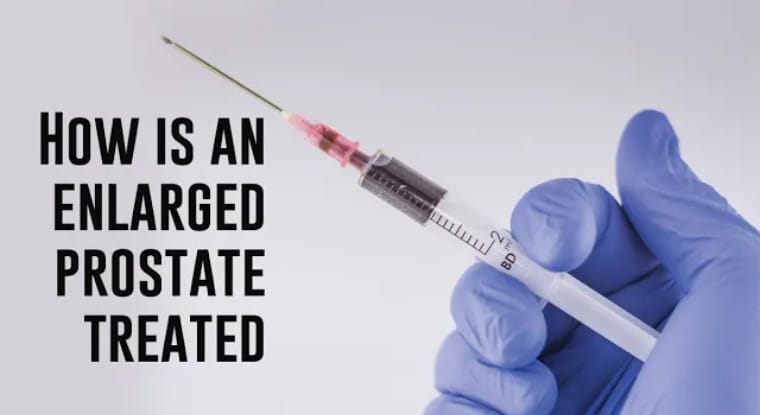In a majority of cases, the first approach after an initial diagnosis is that of watchful waiting. A urologist closely monitors the progression of the condition and advises the patient on what lifestyle changes,if any, he should make. Based on the outcome of this monitoring, a urologist may decide to move on to a particular course of treatment. This could be:
1. Medication
 A urologist can prescribe medication to reduce the symptoms of an enlarged prostate and also to control the enlargement. The available medications include:
A urologist can prescribe medication to reduce the symptoms of an enlarged prostate and also to control the enlargement. The available medications include:
(a) 5- alpha reductase inhibitors. These control prostate enlargement by inhibiting the hormonal changes that encourage prostate enlargement. They include Proscar and Avodart.
(b) Alpha Blockers. These function by relaxing the muscles in the bladder and in the prostate, making it easier to urinate, which eases one of the major symptoms of an enlarged prostate. They include Uroxatral and Rapaflo.
(c) Combination Therapy. In some instances, doctors prescribe a combination of alpha blockers and 5- alpha reductase inhibitors.
(d) Phosphodiesterase 5 Inhibitors. Ordinarily these are prescribed for the treatment of erectile dysfunction. But research indicates they also can be used in treatment of an enlarged prostate, with specific emphasis on the drug Cialis.
2. Minimally Invasive procedures
When medication does not work a urologist might prescribe a minimally invasive procedure. These ordinarily involve the insertion of an instrument such as a lighted scope, to remove or destroy excess prostate tissue. Procedures under this category include the Urolift, where a urologist lifts and staples the prostate to open up the urethra, and laser surgery, where a laser treatment is used to vaporize the excess tissue.
3. Surgery
In extreme cases, a prostatectomy may be done. This is a surgical procedure to remove the prostate gland. It is not recommended for the treatment of an enlarged prostate but it provides a last recourse in cases where the prostate is very large or where a patient has bladder stones.
An experienced urologist should be consulted as soon as the first symptoms of an enlarged prostate manifest. The patient and the urologist can select a suitable course of treatment. Learning about the likely symptoms of the condition is very important.
For more information about BPH and how to diagnose and treat it, visit the “Advanced Urology Institute” website.


